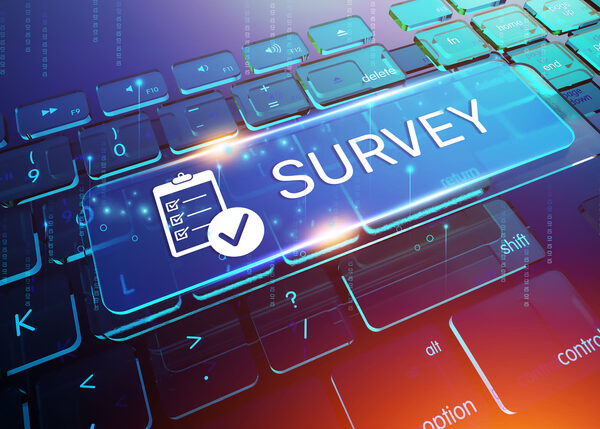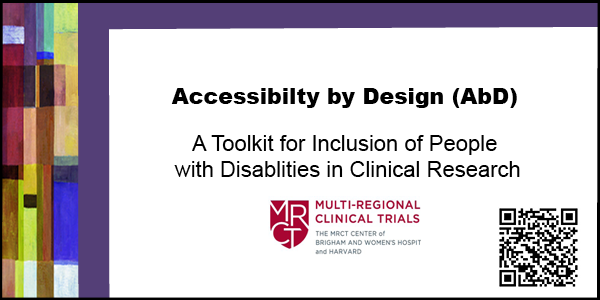Editor's Note: We rely on experts in the PRIM&R community to provide insight and commentary on substantial issues and changes within…
Read MoreBy The National Institute of Health (NIH), Office of Laboratory Animal Welfare (OLAW) Administrative and related responsibilities are key components…
Read More(Originally published: February 2023 PRIM&R Member Newsletter) AI is everywhere, and is changing nearly every aspect of our society, including…
Read MoreTo advance justice, equity and improve health outcomes, we must ensure research representation throughout the scientific enterprise. With that essential…
Read MoreBy Willyanne DeCormier Plosky, DrPH, Barbara E. Bierer, MD, and the MRCT Center Efforts in diversity, equity, and inclusion (DEI)…
Read More




